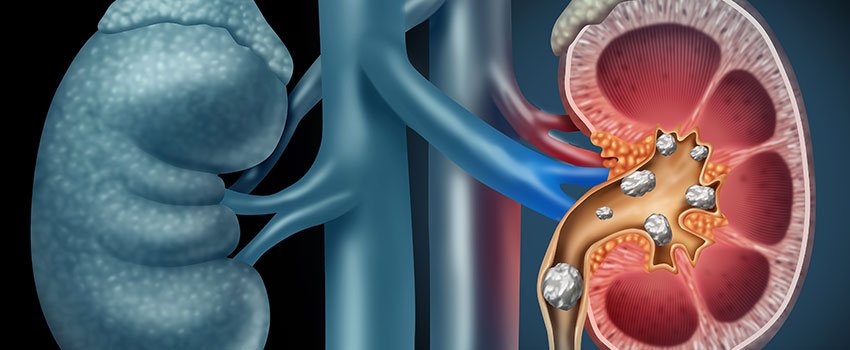
Kidney stones are a fairly common occurrence among Americans: Nearly one in 10 people will get one at some point in their lives. In fact, some people are more susceptible to them than others, based on their diet, hydration level and family history.
How can you know if you might be dealing with a kidney stone, though?Our AFC Urgent Care Monroe Road team offers up some helpful answers below, so keep reading!
What Exactly Is a Kidney Stone?
A kidney stone is a hard deposit that forms anywhere in the urinary system, made up of minerals and salts that have crystallized.
Kidney stones are most commonly formed when urine gets overly concentrated, allowing minerals to solidify and cling together. They most often affect people between ages 40 and 60 and males over age 30, but anyone can get a kidney stone at any age. You’re probably dealing with a kidney stone if you’re experiencing the symptoms described below.
Common Kidney Stone Symptoms
- Severe, sharp pain in the side and back, below the ribs
- Pain that radiates to the lower abdomen and groin
- Pain that comes in waves and fluctuates in intensity
- Pain or burning sensation while urinating
What Should I Do If I Think I Have a Kidney Stone?
Visit our AFC center for more information. Your provider will ask you questions about your symptoms and will most likely perform a few diagnostic tests or procedures to confirm your diagnosis.
Meanwhile, make sure you’re getting plenty of water. Staying hydrated will aid in the removal of waste from your urinary system, which will help you to flush out or “pass” a kidney stone.
Ways Kidney Stones Are Diagnosed
- Blood testing. Blood tests may suggest that you have an excessive amount of calcium or uric acid in your system, which can indicated that kidney stones are present.
- Urine analysis. The 24-hour urine collection test may reveal that you’re excreting either too many stone-forming minerals or too few stone-preventing minerals. Your doctor may ask you to collect two urine samples over the course of two days for this test.
- Imaging. Urinary tract imaging testing may reveal kidney stones. Even small stones can be detected using a CT scan. Simple abdominal X-rays aren’t utilized as often as they have been in the past, due to the fact that they can overlook minor kidney stones.
- Analysis of passed stones. If you believe you have kidney stones, you may be asked to strain your urine to catch passed stones. Your doctor will then use this information to determine what’s causing your kidney stones and form a plan to prevent future kidney stones.
Our AFC team is here for you seven days a week! Don’t hesitate to stop by today if you need non-emergency care.


